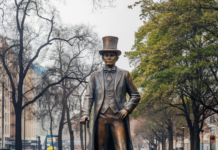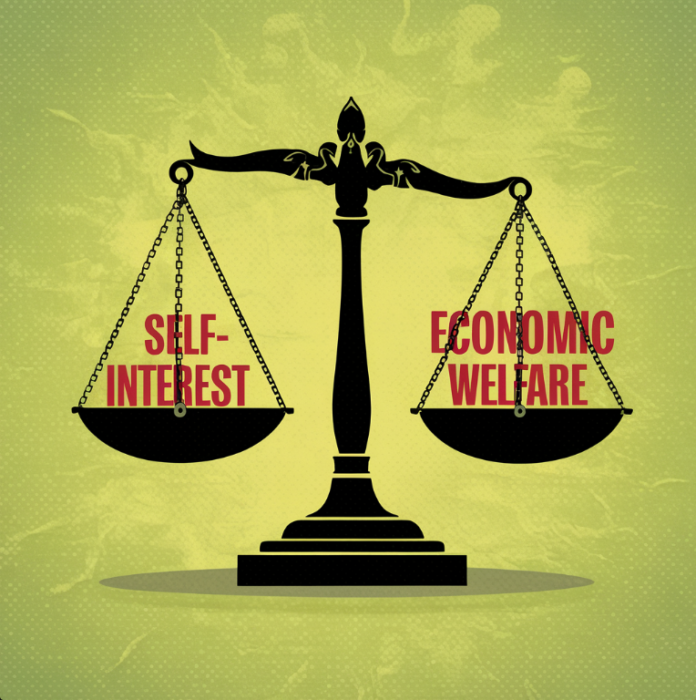Introduction
Political science is a field that systematically studies government, political processes, and political behavior. One of its intriguing subfields is the Public Choice Theory, which applies economics methodologies to political decision-making. Public Choice Theory is analytically framed around the principle that political actors, much like their counterparts in the market, act primarily out of self-interest. By understanding this, the theory offers a unique lens through which we can dissect and better grasp the complexities of policy-making, governance, and collective decision-making. This makes it an essential tool for political scientists, economists, policymakers, and public administrators.
What is Public Choice Theory?
Origins and Development
Public Choice Theory has its roots in the pioneering work of economists James Buchanan and Gordon Tullock in the mid-20th century. Buchanan and Tullock’s seminal book, “The Calculus of Consent,” laid the foundation for the theory by exploring how economic principles could be applied to political processes. The theory gained momentum when there was increasing skepticism about the efficiency of government interventions and a growing interest in understanding the behavior of political actors. Since its inception, Public Choice Theory has evolved to encompass various facets of political science, offering valuable insights into the motivations and actions of politicians, voters, and bureaucrats.
Core Principles
At its core, Public Choice Theory applies an economic approach to the study of political science. It is grounded in rational choice theory, which posits that individuals make decisions by evaluating the costs and benefits to maximize their self-interest. Public Choice theorists assume that political actors, including voters, politicians, and bureaucrats, are driven by self-interest and respond to incentives. This assumption allows for analyzing political behavior using economic models, shedding light on how incentives and trade-offs influence policy outcomes and governance structures.
Key Concepts
Public Choice Theory introduces several key concepts essential for understanding collective decision-making in politics. Voting systems and behaviors are scrutinized to explain how different electoral rules and mechanisms impact the choices of voters and the resulting political landscape. The theory also delves into rent-seeking and lobbying, highlighting how individuals and groups expend resources to influence political decisions for personal gain, often at the expense of the general welfare. By examining these and other concepts, Public Choice Theory provides a comprehensive framework for analyzing the complexities and inefficiencies inherent in political systems.
Why is Public Choice Theory Important?
Analytical Framework
Provides tools for analyzing political behavior and institutions: Public Choice Theory offers a systematic framework that enables scholars to dissect political behavior and institutions’ functioning through economic principles. This approach highlights how individual incentives drive collective outcomes, making predicting and understanding political phenomena easier.
Highlights the role of individual incentives in collective outcomes: Public Choice Theory illuminates how personal motivations and the pursuit of individual benefits can shape policy decisions and influence governance structures by focusing on the self-interest of political actors.
Bridging Economics and Political Science
Interdisciplinary insights: The theory intersects economics and political science, providing interdisciplinary insights that enrich both fields. This cross-pollination helps better understand how political and economic systems interact and influence one another.
Contribution to understanding government inefficiencies and failures: Public Choice Theory explains why governments often fail to achieve efficient outcomes. By exposing the underlying incentives that drive political decision-making, the theory sheds light on the inefficiencies and unintended consequences resulting from self-interest-driven actions.
Practical Relevance
Application in policy analysis: Policymakers and analysts leverage Public Choice Theory to improve policy design and implementation. By recognizing the role of incentives and institutional structures, they can formulate more effective and efficient public policies.
Influences on contemporary political economy research: The theory continues to shape contemporary research in political economy, providing valuable tools and concepts for analyzing the complexities of modern governance and public administration. Its practical relevance ensures that it remains a vital study area for those interested in optimizing political processes and outcomes.

Real-World Applications of Public Choice Theory

Responses to Criticisms
Proponents of Public Choice Theory have offered several defenses against these criticisms. They argue that the assumption of self-interest, while simplified, is a useful heuristic that allows for more accurate predictions of political behavior than models that assume purely altruistic motivations. By focusing on self-interest, the theory can uncover the underlying incentives that often drive political outcomes, providing a more realistic assessment of political systems’ operations. Advocates also emphasize that recognizing self-interest does not preclude the existence of altruism but rather provides a baseline from which deviations can be studied and understood.
Moreover, supporters of Public Choice Theory have called for re-evaluating and refining its assumptions and models to address these criticisms. They suggest incorporating more nuanced understandings of human behavior, including the potential for altruism and non-economic motivations, can enhance the theory’s explanatory power. By updating models to reflect a broader range of motivations, Public Choice Theory can offer a more comprehensive analysis of political behavior, bridging the gap between economic and non-economic factors. This ongoing refinement aims to preserve the theory’s core insights while addressing its limitations, ensuring its continued relevance in analyzing political and economic systems.
Conclusion
In summary, Public Choice Theory offers a vital framework for understanding the interplay between economics and politics, illuminating the motivations and actions of political actors, from voters to bureaucrats. Its applications range from analyzing electoral systems and voter behavior to examining the influence of special interest groups and regulatory agencies. While the theory faces criticisms and limitations, its focus on self-interest provides essential insights into the complexities of political decision-making. For political science students, grasping Public Choice Theory’s principles is invaluable for a nuanced comprehension of democratic processes and policy-making. As you delve deeper into political science, we encourage you to explore further readings and research to appreciate political behavior’s multifaceted nature better and enhance your analytical skills.















